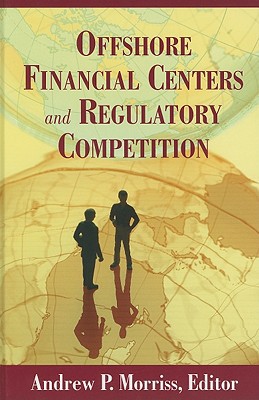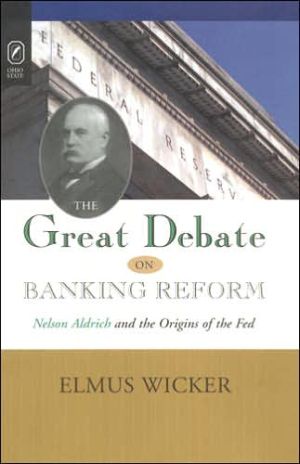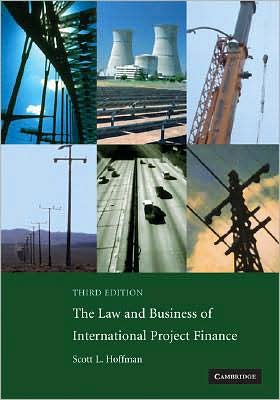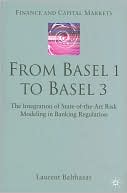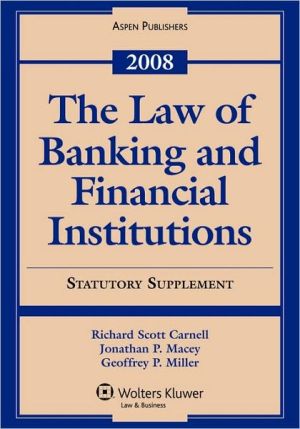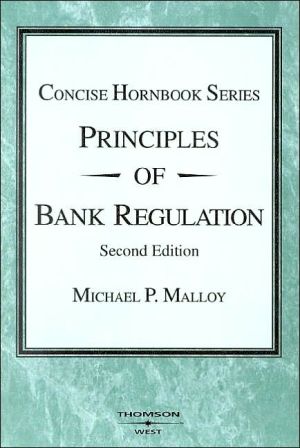Offshore Financial Centers and Regulatory Competition
Offshore financial centers (OFCs) have a troubled reputation for enabling tax evasion, money laundering, autocratic looting, and even the financing of terrorism-but they play an essential role in the world economy. Fears of criminal activity have prompted many onshore governments to restrict offshore competition, but over-regulating OFC activity presents a serious risk of destabilizing the global financial system. In Offshore Financial Centers and Regulatory Competition, a group of leading...
Search in google:
Offshore financial centers (OFCs) have a troubled reputation for enabling tax evasion, money laundering, autocratic looting, and even the financing of terrorism-but they play an essential role in the world economy. Fears of criminal activity have prompted many onshore governments to restrict offshore competition, but over-regulating OFC activity presents a serious risk of destabilizing the global financial system. In Offshore Financial Centers and Regulatory Competition, a group of leading international law and finance experts argues that offshore jurisdictions have become key players in corporate finance and captive insurance markets. OFCs offer legal protections for financial privacy and provide regulatory competition to onshore jurisdictions, forcing national governments to evaluate and reform their own tax and regulatory policies. Offshore centers also help to streamline foreign direct investment and create growth opportunities for countries with weak financial systems by providing access to global capital and sophisticated courts. As the ongoing financial crisis produces new regulatory regimes aimed at eradicating money laundering and other white-collar crimes, Andrew P. Morriss and his coauthors contend that legitimate offshore competition must be allowed to flourish. OFCs are no longer the shady tax havens portrayed in popular media, and onshore governments must recognize and protect their important contributions to the global economy.
Introduction Andrew P. Morriss Morriss, Andrew P. 11 . Offshore Finance and Onshore Markets: Racing to the Bottom, or Moving Toward Efficient? Jonathan R. Macey Macey, Jonathan R. 8The Critics and the Supporters of Offshore Competition 10Modern Offshore Finance 13A Review of the Controversy 17Offshore Finance Benefits Onshore Regulatory Regimes and Investors 18Public Choice: Sources of Opposition to Regulatory Competition 26Conclusion 272 . The Legitimacy of the Offshore Financial Sector: A Legal Perspective Rose-Marie Belle Antoine Antoine, Rose-Marie Belle 30The Context of Offshore Legal Rules 31Tax Issues 33Confidentiality 35Offshore Trusts 39Conflict of Laws 45Copycat Support 47Conclusion 483 . Regulating Tax Competition in Offshore Financial Centers Craig M. Boise Boise, Craig M. 50International Income Taxation 51Defining Tax Competition 53Arguments for Regulating OFC Tax Competition 57Arguments against Regulating OFC Tax Competition 61Regulating International Tax Competition 66Directions for the Future 694 . The International Monetary Fund and the Regulation of Offshore Centers Richard K. Gordon Gordon, Richard K. 74The International Monetary Fund and Harmful Tax Practices 74The IMF and Prudential Supervision 76The IMF and Money Laundering and Terrorism Financing 88Recent Developments 99Some Conclusions 1005 . The Role of Offshore Financial Centers in Regulatory Competition Andrew P. Morriss Morriss, Andrew P. 102For What Do Jurisdictions Compete? 105Competition among Jurisdictions 112The Rise of Competition and the Role of Offshore jurisdictions 123The Impact of Regulatory Competition 139Conclusion 144Notes 147Index 185About the Authors 197
